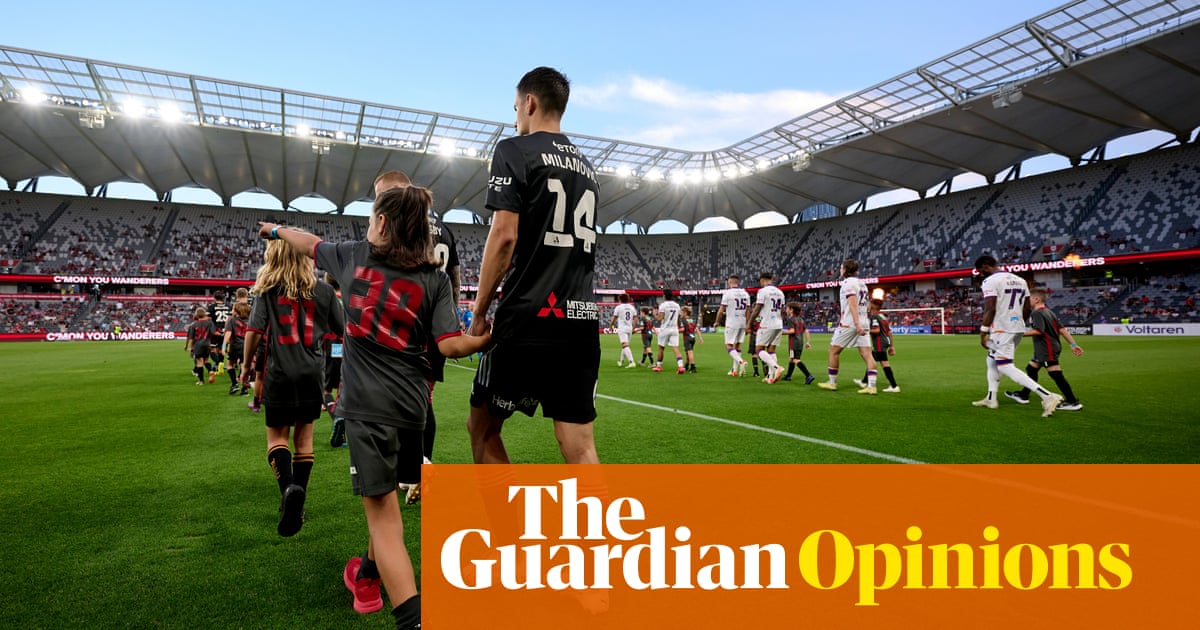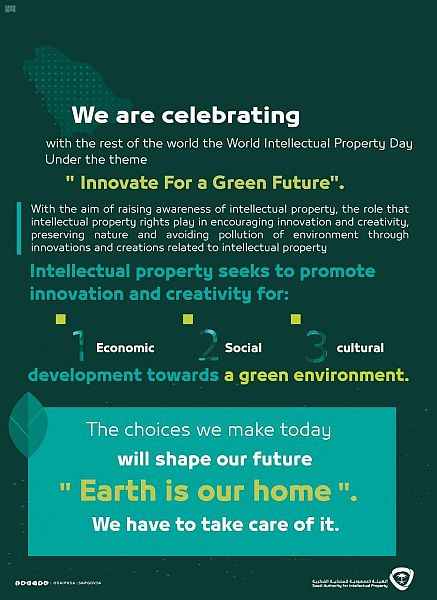
As Pope Francis concludes his historic visit to Iraq, the country is undergoing a process of healing and recovery, gradually rebuilding its magnificent history, and creating a new narrative for its social fabric. After much pain, damage and sorrow wreaked by Daesh, this process requires the support of all, especially the international community.
A stark image comes to mind: UNESCO drone footage of Mosul in 2018. We see a brown city, left in ruins, miles and miles of rubble, and empty of human beings. Images such as this are typical of post-apocalyptic stories, sights so far-fetched they can be conjured up only as fiction. But in Mosul, it was reality. To this day, we struggle to grasp the enormity of the wounds inflicted on the Moslawi and the Iraqi spirit.
With a deep sense of obligation and duty, UNESCO launched its flagship initiative “Revive the Spirit of Mosul” in February 2018. The initiative focuses on the difficult mission of addressing the hardships left by the many conflicts and atrocities endured by the people of Mosul, with a focus on providing hope and enabling the inherent resilience of Iraqis. Inclusivity, cohesion and equality were the driving values for rebuilding cultural heritage and providing education to the children and youth of Mosul.
In April 2018, two months after the launch of the initiative, the UAE became the first country to contribute, with $50.4 million to rebuild Al-Nuri Mosque and its Al-Hadba leaning minaret from 2018 to 2023.
There are many risks in making such a great financial investment in a city that is starting to recover. For each arduous effort toward putting back a brick, malicious actions could swiftly undo it all. But both the UAE and UNESCO know that this risk was mitigated by investing in the people of Mosul. Moslawis are not alone in this recovery. The UAE and UNESCO are committed. There will be hope and there is a path to rebuild this magnificent city.
A focus on the people, Moslawis, is what we believe makes our work successful. The project is designed to ensure sustainability and continuity with a target of 1,000 training and employment opportunities for the Moslawis, professional training programs designed by ICCROM-Sharjah, and with skills gained in the project expected to enable Moslawis to go on to other jobs in Mosul and Iraq. The governance framework of the project is inclusive and gives all stakeholders a voice in the decision-making process; local government, landowners, experts, universities, and the wider Moslawi community. The Al-Nuri Mosque compound will include a memorial, and educational and community spaces to ensure that the space is welcoming to all. Once complete, the site will contribute to the economy of Mosul by encouraging tourism to a monument that once beautifully decorated the skyline of the city.
In 2019, Pope Francis and the grand imam of Al-Azhar, Ahmad Al-Tayyeb, signed the momentous “Human Fraternity: For World Peace and Living Together” agreement. In the same spirit, the UAE and UNESCO, in close consultation with the Christian Waqf, added the Al-Tahera and Al-Saa’a churches to the scope of the “Revive the Spirit of Mosul” initiative. Both believed that this was an important step to fulfil a mission of hope, fraternity, and inclusion.
The progress is incremental but measurable. The projects have already hired 560 Moslawis and other Iraqis. The sites have been assessed, demined and protected, and their rehabilitation is underway. We have each engaged in numerous encounters with Moslawis, shaping the future of their city. Just as important, we have seen meaningful interfaith cooperation, with Muslims contributing to the reconstruction of the Al-Tahera and Al-Saa’a churches, and Christians contributing to the reconstruction of Al-Nuri Mosque. Our work in Mosul has allowed us to begin to do our part in the spirit of that agreement signed by the Pope in the UAE in 2019, through initiatives that promote culture, education, inclusivity and, most of all, hope.
Others, such as the EU, Canada, Germany, Hungary, Japan and the Netherlands have joined the “Revive the Spirit of Mosul” initiative, making this mission a truly global one. These efforts, side by side with Pope Francis’ visit to Iraq, are the building blocks of a tolerant and prosperous future. As Aristotle said: “We are the sum of our actions,” and the actions of the international community, Pope Francis, the people and government of Iraq, UNESCO and the UAE are just the beginning.
On his first papal visit to Iraq, Francis has conveyed his awareness of the hurt inflicted on Mosul and Iraq, and emphasized the importance of healing, recovery and unity. Leaders such as the pope are the only ones who can create the positive encounters that are the foundation upon which mutual reverence and peaceful coexistence are built. We stand with him in reassuring the people of Iraq that there is a tolerant, fraternal future, and we are committed to building that future. Mosul’s skyline will be restored and its spirit rebuilt, and its future is promising.
• Audrey Azoulay is director general of UNESCO, the UN agency for education, science and culture.
• Noura Al-Kaabi is the UAE Minister of Culture and Youth.












